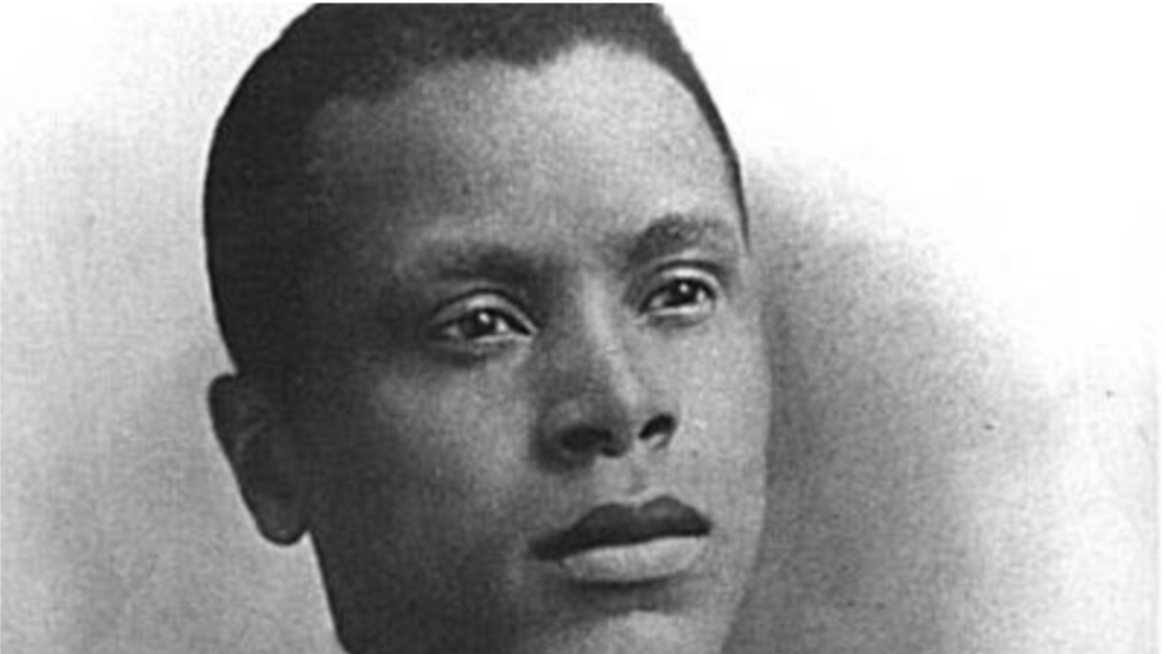Following the news of Tyler Perry Studios’ (TPS) historic grand opening, there was an uproarious celebration heard amongst the black Hollywood elite and beyond.
TPS sits on 330 acres of the former Fort McPherson army base (the original site was once a Confederate army base), which Perry acquired in 2015 before introducing the world to his fully grown baby in October 2019.
Suggested Reading
Along with the fact that a black man now fully owns this big-ass studio, the word “first” was thrown around to commemorate his achievement by multiple outlets—and by me, at The Root.
Now, digging deeper, we may have been tangled in a war of semantics or phrasing. To be clear: Perry didn’t have the first fully black-owned production company; his isn’t the first black studio. It’s likely more accurate to say he’s the first, singular black owner of a major studio lot. Semantics aside, however, there is no escaping the people who helped pave the way for Perry and other black creators and moguls to come.
In 1916, African-American actor Noble Johnson and his brother, George, founded Lincoln Motion Picture Company, which became the first movie company owned and controlled by black filmmakers, according to the African American Registry (AAREG).
AAREG adds:
The Lincoln Motion Picture Company began its existence with great expectations. White audiences were needed and simply were not interested at the time.
Without a wider audience, the Lincoln Motion Picture Company was doomed to failure and “By Right of Birth” proved to be the company’s swan song. The Lincoln Motion Picture Company lasted until 1921.
Lincoln Motion Picture Company took interest in Oscar Micheaux and his 1917 novel The Homesteader; Micheaux is considered to be the first major African-American filmmaker. Micheaux, however, decided to make the film himself, founding the Micheaux Film and Book Company, per the University of Albany.
In its article dedicated to Micheaux’s biography, the NAACP wrote:
Given the times, his accomplishments in publishing and film are extraordinary, including being the first African-American to produce a film to be shown in “white” movie theaters. In his motion pictures, he moved away from the “Negro” stereotypes being portrayed in film at the time. Additionally, in his film Within Our Gates, Micheaux attacked the racism depicted in D.W. Griffith’s film, The Birth of a Nation.
The Producers Guild of America called him “The most prolific black – if not most prolific independent – filmmaker in American cinema.” Over his illustrious career, Cledisson Micheaux wrote, produced and directed forty-four feature-length films between 1919 and 1948 and wrote seven novels, one of which was a national bestseller.
Documentarian and columnist King Williams also created a handy Twitter thread Monday morning breaking down Micheaux’s history, explaining how film studios work and tying it all together in relation to Perry’s grand opening (and what it means in the larger scheme of things). Seriously, while I will highlight aspects of it in this piece, please check out his full thread—it’s fascinating.
As Williams stated in his Twitter thread, there are similarities between Perry and Micheaux, most notably their struggles to assimilate into mainstream film culture, which factored into their drive to create their own platforms. Micheaux essentially made his own table instead of continuing to ask for a seat, and Perry followed suit in that path.
In a recent interview with Gayle King for CBS News, Perry discussed his trials and tribulations navigating mainstream Hollywood.
“I clearly believe that I’m ignored in Hollywood, for sure. And that’s fine. I get it,” the 50-year-old filmmaking mogul told King. “My audience and the stories that I tell are African-American stories specific to a certain audience, specific to a certain group of people that I know, that I grew up, and we speak a language. Hollywood doesn’t necessarily speak the language. A lot of critics don’t speak that language. So, to them, it’s like, ‘What is this?’”
In 2017, Variety announced Perry would be portraying Micheaux in a biopic on HBO. However, there haven’t been any updates on the development of this project. There isn’t a current release date set for the biopic and the development news is still on Perry’s official website at the time of this article’s posting.
Following in the footsteps of Micheaux was Tim Reid (yes, of Sister, Sister) and Daphne Maxwell-Reid (yes, Light-Skinned Aunt Viv), who founded New Millennium Studios, built in 1997, according to Richmond.com. Fun fact—some parts of Steven Spielberg’s 2012 Oscar-winning film Lincoln were shot in the studio space. The longtime married couple sold the 57.4-acre Virginia site (including a 14,850-square-foot sound studio) in March 2015.
The key difference between the “failed” studios and the evolution of Perry’s major studio, as Williams pointed out in his aforementioned Twitter thread, is Perry’s access to significant distribution deals.
In other words, the Johnsons, Micheauxes, Reids (and beyond) of yesteryear built their humble soundstages so that Perry’s 12 cacophonous soundstages can be heard.
Straight From 
Sign up for our free daily newsletter.


